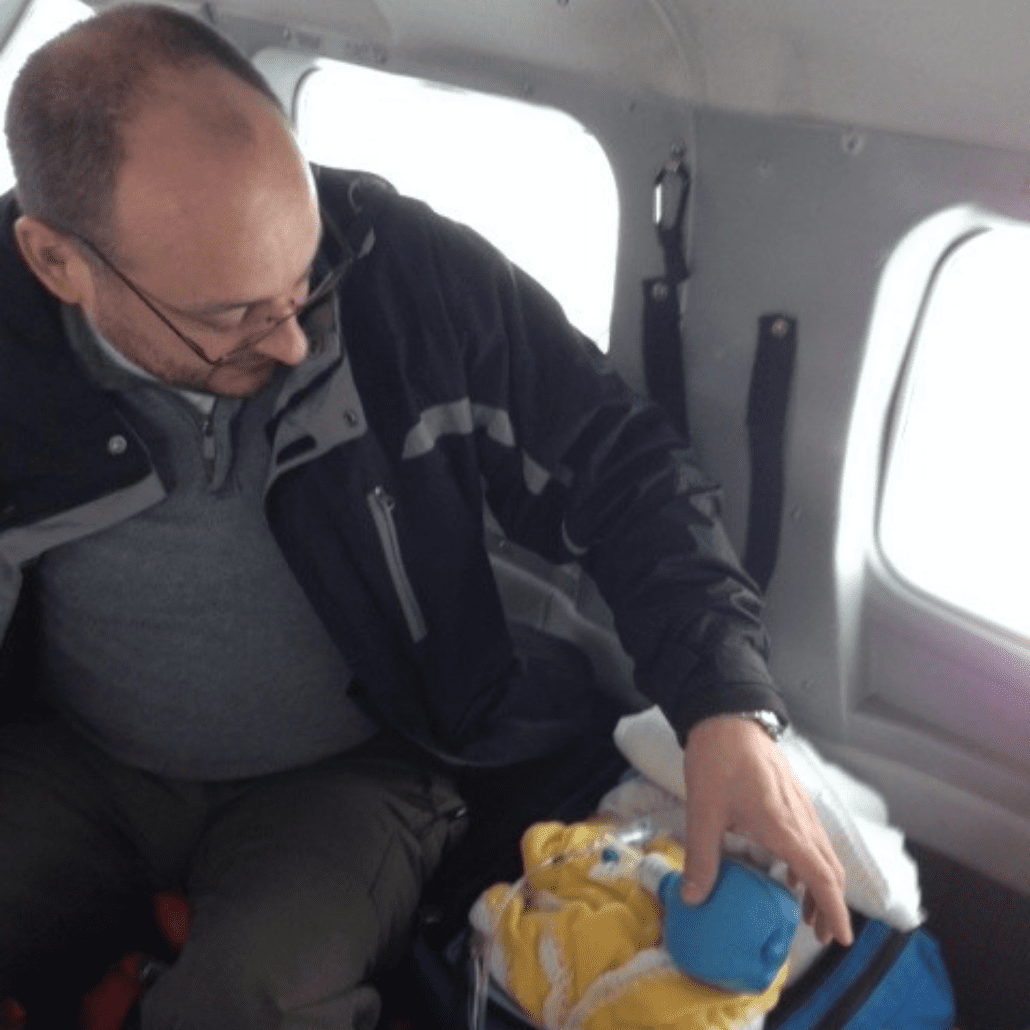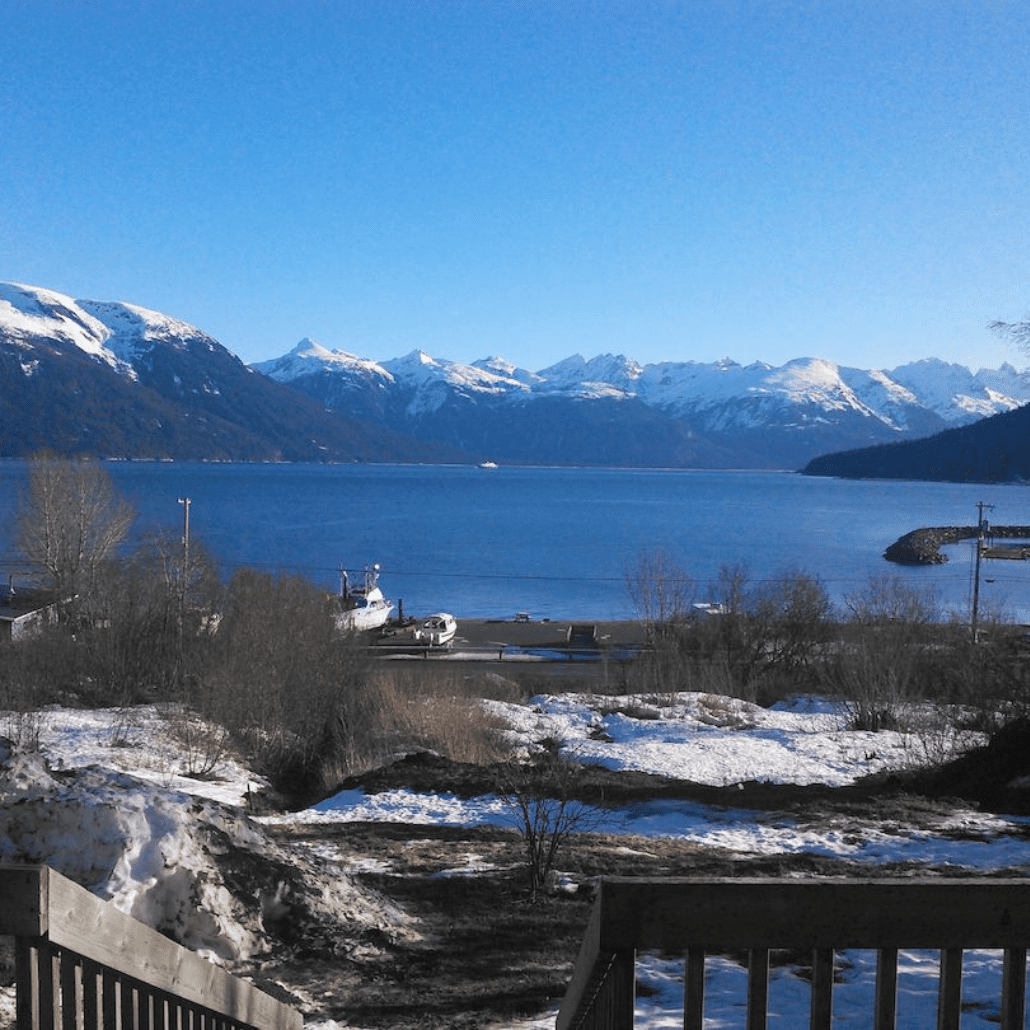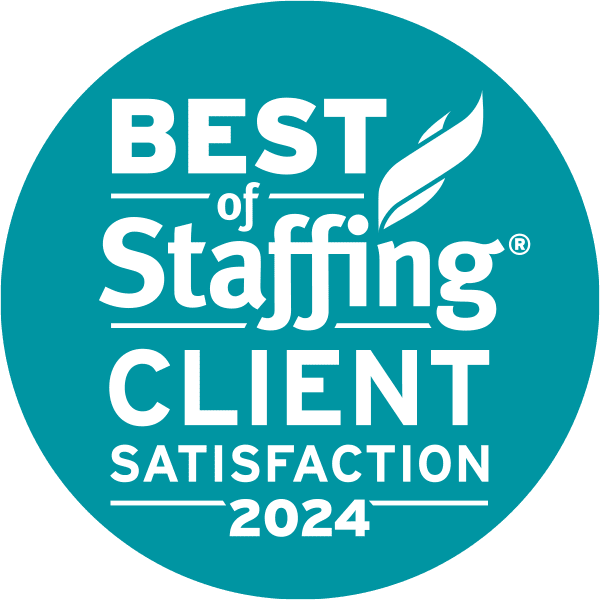Meet Gene
Provider Type
NP
Location of Locum Assignment(s)
Montana and Alaska
Briefly describe your pre-medical and/or pre-locum work experience
I grew up in a family sawmill business and fell in love with medicine after taking an EMT class for fun in the late 1980s. I continued with my EMS training up until the early 1990s and became a paramedic working in rural and metropolitan EMS settings. I worked EMS for about 10 years and decided to take an RN course. I then worked in ER and flight nursing, rotor-wing and fixed-wing, until 2010 when I graduated from my MSN/ FNP program.
What drew you to locum tenens work?
I grew tired of the politics of working long-term at one facility and wanted to do something different and fun.
Why did you choose WMS?
I wanted to do some work in Alaska. I did some research online and found WMS. At that time WMS was a small company and Mary Ellen Doty was still out on locums and answering calls when she had free time.
What have you enjoyed most about your locum tenens experiences?
I have really enjoyed meeting some of the nicest people on the planet out on jobs for WMS. I still laugh and visit with tons of friends from old jobs on social media regularly and I look forward to going back to sites to see my friends again.
What surprised you the most about your locum tenens experiences?
The most surprising thing about the locums is the way you are treated at the sites. The folks at the sites truly appreciate people coming in to cover and treat you like family.
How has your experience been with WMS?
WMS is, hands down, the best company I have ever worked for or been involved with.
What stands out to you about the communities and cultures you have interacted with as a locum tenens provider?
The communities, especially in Alaska, have a very strong cultural influence in their interactions. What stands out most and is most impressive to me is that the native people still teach their children the culture and they are very happy to explain it to outsiders once they get to know you. This is something people, other than native people, do not do…we really have no specific culture to teach to our kids if you think about it.
What advice do you have for prospective locum tenens providers?
You must be easy-going, respectful, and most of all you must expect things to go wrong on assignment and during travel. You have to learn to laugh a little and go on with the job. Also, you must be confident in your skillset; this is not a training or learning experience. The sites expect you to be able to perform when you get there.
What’s the most interesting thing that you learned while on assignment?
The list goes on and on. My first assignment, and the last one I just did for WMS was at [small medical center in Alaska]. I remember the first trip I made up there and having to go to Sitka to learn to do labs, take x-rays, and do basic microscopy. I thought I had gotten myself into more than I was ready for. I remember the feeling in my gut the first day I took call thinking “Oh crap. I just became responsible for everyone on this island’s healthcare with no backup!” I remember my first patient; not the name but the complaint. It was an adult with abdominal pain. I remember thinking, “Oh my God. How will I diagnose this person? I don’t have a CAT scan, and I am running my own labs, and I am trying to do my own x-rays.” I wouldn’t say it was something I learned but something I remembered, a long time before this in my training and experience. I remembered someone somewhere had mentioned something about a REAL history and a real physical exam (not the one we do in 5 minutes in the busy ER every day). I would say the most important thing I learned is to fall back on your experience and training and to USE it.














